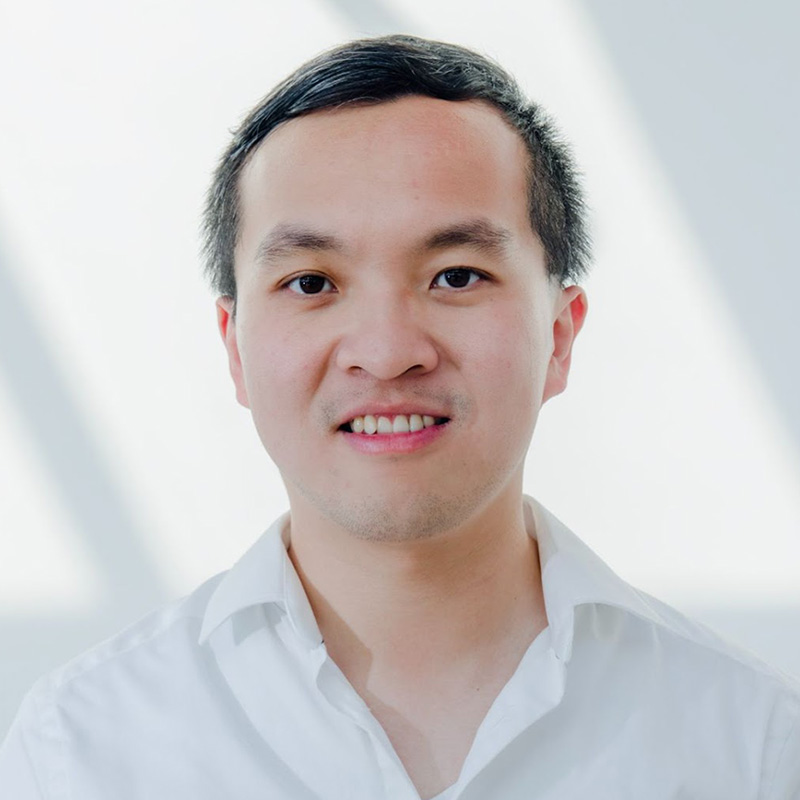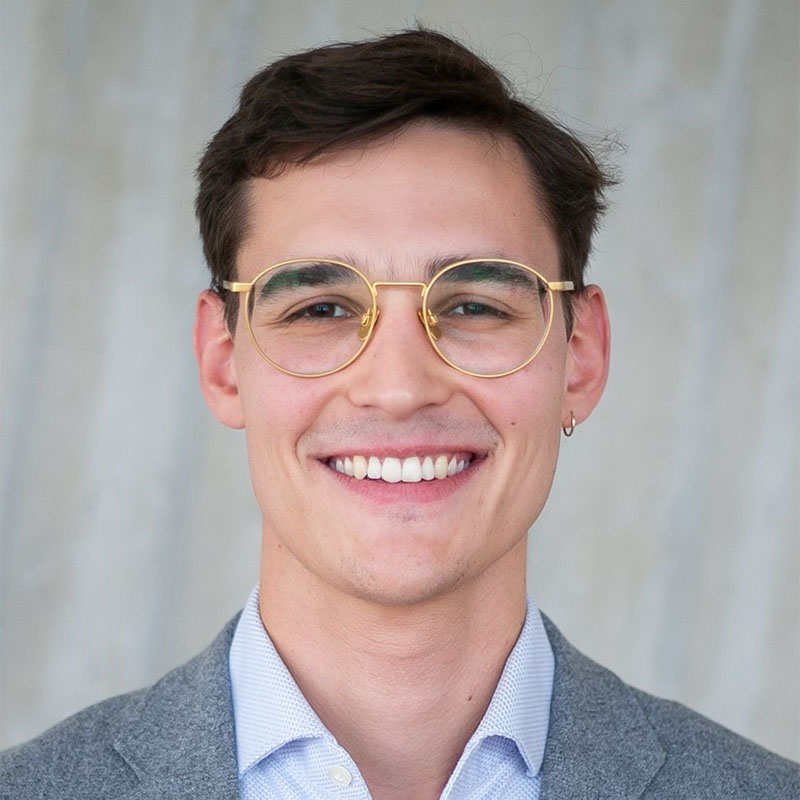Our postdoctoral scholars program, launched in 2019, is an integral component of the Stone Center. Each academic year, a new cohort of two postdocs joins our team at the Graduate Center for a period of two years. The postdocs — four in residence at any given time — carry out individual research projects related to socio-economic inequality and mobility, and engage with the Center’s senior scholars, associated graduate students, and staff.
In each cohort, one postdoc is selected for a position that focuses on high-end wealth inequality in the United States, internationally, or both. In addition to doing individual research, this postdoc contributes to the Center as a member of the GC Wealth Project team. The second position is open to candidates working on various facets of socio-economic inequality. Preferred topics vary from year to year and often expand the range of the Center’s existing work in new disciplinary, methodological, and substantive directions.
In addition to a competitive salary and a comprehensive CUNY benefits package, postdoctoral scholars receive generous funding to hire Graduate Center students as research assistants, private offices with desktop computers, and additional support to help offset the costs of software, books and journals, and research-related travel. Postdocs have the opportunity to organize and participate in the Multidisciplinary Seminar Series, a forum that connects researchers from various backgrounds, both inside and outside of the Graduate Center, who are interested in inequality; to submit working papers to the Stone Center Working Paper Series; and to extend the reach of their work to both academic and general audiences through the Stone Center’s website.
Current Postdoctoral Scholars
Selected Work by Stone Center Postdoctoral Scholars
Reform Windfall as Redistribution: A Survey Experiment on Redistributive Preferences in Contemporary China
M. Belguise, N. Y. Chen, Y. Huang, and Z. Mo. European Journal of Political Economy. vol. 87. 2025.
Wage Risk and Portfolio Choice: The Role of Correlated Returns
J. König and M. Longmuir. International Review of Financial Analysis. vol. 100. 2025.
How Many Brackets Should We Ask for to Derive Adequate Metric Information for Income and Wealth?
M. Longmuir and M. M. Grabka. Survey Research Methods. vol. 18, no. 3. pp. 251–261. 2024.
Wealth and Welfare: Do Private and Public Safety Nets Compensate for Asset Poverty?
S. Rapp and S. Humer. Social Inclusion. vol. 11, no. 1. pp. 176–186. 2023.
Artificial Intelligence Policymaking: An Agenda for Sociological Research
T. Law and L. McCall. Socius. vol. 10. 2024.
The Impact of Paid Sick Leave Mandates on Women’s Employment and Economic Security
M. Slopen. Journal of Policy Analysis and Management. 2024.
Training Computational Social Science Ph.D. Students for Academic and Non-Academic Careers
A. Kesari, J.Y. Kim, S. Shah, T. Brown, T. Ventura, and T. Law. PS: Political Science & Politics. 2023.
Tax Principles, Policy Feedback, and Self-Interest: Cross-National Experimental Evidence on Wealth Tax Preferences
M. Schechtl and D. Tisch. Socio-Economic Review. 2023.
Income Composition Inequality
M. Ranaldi. The Review of Income and Wealth. vol. 68, no. 1, pp. 139–160. 2022.
The Weight of the Rich: Improving Surveys Using Tax Data
T. Blanchet, I. Flores, and M. Morgan. The Journal of Economic Inequality. vol. 20, pp. 119–150. 2022.
Shaping Women’s Fortunes: Inheritance and Gender Disparities
N. Crowther and L. Roos. Stone Center Working Paper Series no. 124. 2026.
When Facts Fail: Experimental Evidence on Perceptions and Preferences towards Chinese Investments in Germany
Z. Mo, K. Kaeppel, C. Schröder, and L. Yang. Stone Center Working Paper Series no. 115. 2025.
Human Capital, Unequal Opportunities, and Productivity Convergence: A Global Historical Perspective, 1800–2100
N. Bharti, A. Gethin, T. Jenmana, Z. Mo, T, Piketty, and L. Yang. Stone Center Working Paper Series no. 114. 2025.
Income Inequality in South Korea, 1933–2022: Evidence from Distributional National Accounts
S. Hong, N. N. Kim, Z. Mo, and L. Yang. Stone Center Working Paper Series no. 113. 2025.
The Good Council: Deliberating Inequality in a Field Experiment
F. Disslbacher, M. Haselmayer, L. Lehner, S. Rapp, and F. Windisch. Stone Center Working Paper Series no. 112. 2025.
Wealth Inequality among Families in a Changing Demographic Landscape: Evidence from Germany, 1988–2017
L. Klein, P. M. Lersch, and M. Longmuir. Stone Center Working Paper Series. no. 110. 2025.
Paid Sick Leave and the Employment and Employment Intensity of Older Workers
M. Slopen. Stone Center Working Paper Series. no. 100. 2025.
The GC Wealth Project Data Warehouse v.1.2 – Documentation
S. Morelli, T. Asher, F. Di Biase, F. Disslbacher, I. Flores, L. Giangregorio, A. Rego Johnson, M. Longmuir, G. Rella, M. Schechtl, F. Subioli, and M. Targa. Stone Center Working Paper Series. no 99. 2024.
Reform Windfall as Redistribution: A Survey Experiment on Redistributive Preferences in Contemporary China
M. Belguise, N. Y. Chen, Y. Huang, and Z. Mo. Stone Center Working Paper Series. no. 97. 2024.
Enforcing Colonial Rule: Blood Tax and Head Tax in French West Africa
D. Cogneau and Z. Mo. Stone Center Working Paper. no. 96. Revised 2025.
The Economic Impacts of Childhood Health: Postdoc Marai Hayes on Her Research
Marai Hayes, one of the Stone Center's new postdoctoral scholars, discusses her research projects, how she became interested in the connections between health and inequality, and the likely impacts of recent health policy changes at the federal level.
Applications Are Open for Two Postdoctoral Positions at the GC CUNY Stone Center
The Stone Center on Socio-Economic Inequality is seeking applicants for an eighth cohort of postdoctoral scholars. These full-time, two-year positions will begin in August 2026.
Beyond National Accounts: Consumer Durables and Offshore Wealth
Stone Center postdoctoral scholar Max Longmuir shows how to use the Wealth Topography section of the GC Wealth Project site to compare and visualize forms of wealth in various countries.
From Data Deserts to Rich Insights: Lessons from Researching Wealth Inequality
In this post, Max Longmuir reflects on his time as a Stone Center postdoctoral scholar, his work on the GC Wealth Project and other studies, and why some initial ideas wound up in his “project cemetery.”
Socio-Economic Inequality in China Through a Cross-National Lens: Stone Center Workshop
In this post, Stone Center postdoctoral scholar Zhexun Mo, an economist whose research focuses on the intersection of political economics, development, and economic history, reflects on the Center’s recent international workshop.
Postdoc Meredith Slopen to Join Stony Brook University’s School of Social Welfare This Fall
Postdoctoral scholar Meredith Slopen discusses her upcoming position in Stony Brook University’s School of Social Welfare, the current academic and social services job markets, and how to help other researchers who have faced professional upheaval in recent months.
Stone Center Scholars Present Work at III/LIS Economic Inequality Conference
Fifteen researchers associated with the GC CUNY Stone Center, including three senior scholars, attended the 2nd III/LIS Comparative Economic Inequality Conference, held in Luxembourg on February 27 and 28.
The Stone Center Announces Its Seventh Cohort of Postdoctoral Scholars
A seventh cohort of postdoctoral scholars will join the Stone Center for two-year appointments that begin in August 2025: Naomi Crowther, who was selected for the position that focuses on wealth inequality; and Marai Hayes, who was selected for the position that broadly focuses on socio-economic inequalities.
Zhexun Mo on How the Chinese Public Views Inequality and Redistribution
Stone Center Postdoctoral Scholar Zhexun Mo discusses two recent papers he contributed to the Stone Center Working Paper Series that focus on perceptions of inequality and redistribution in China.
Do Paid Leave Policies Benefit Older Workers? Meredith Slopen on Her New Project
Meredith Slopen, a Stone Center postdoctoral scholar, discusses her project on how older workers benefit from paid family leave and paid sick leave policies, for which she recently received a fellowship from the University of Wisconsin-Madison Retirement and Disability Research Center and the Institute for Research on Poverty.






